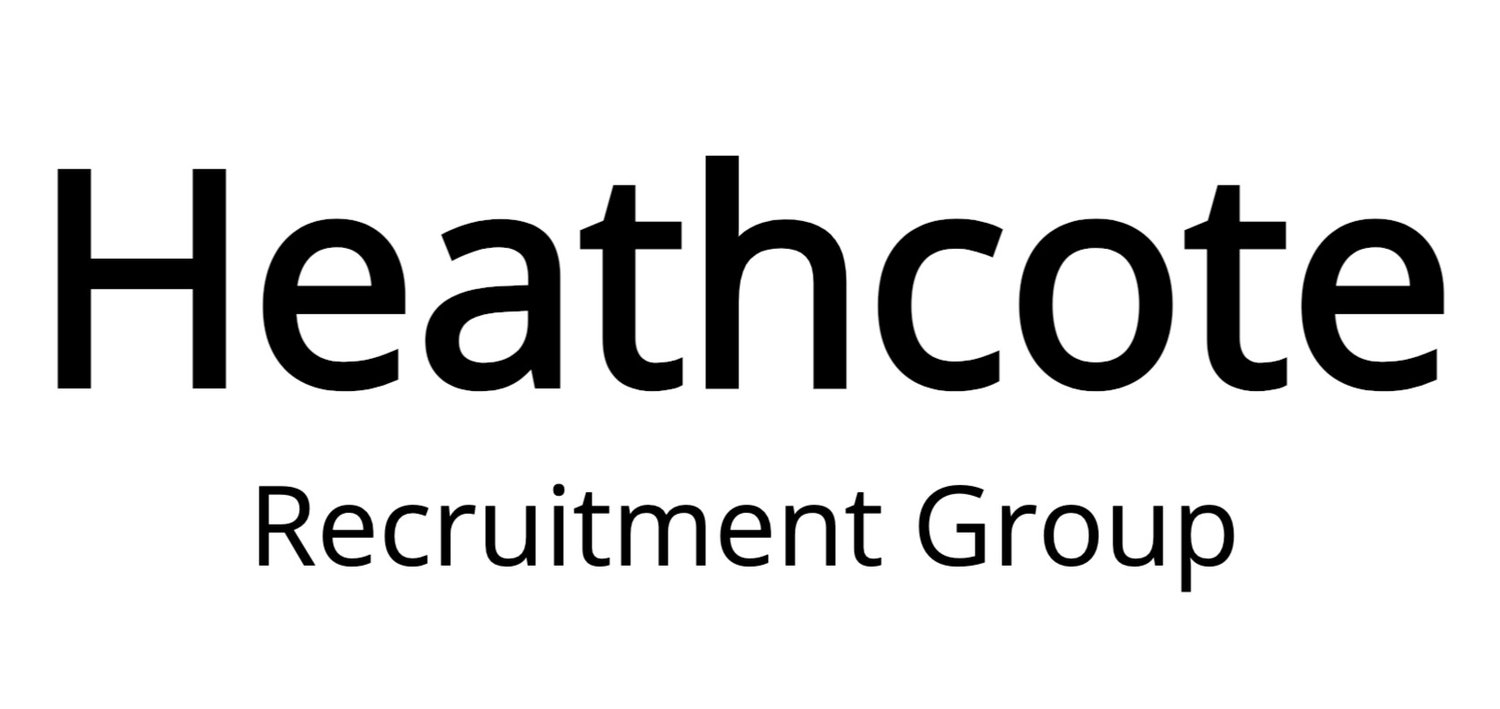The ability to work from home, whether it’s only a few days per month or more regularly, is becoming an increasingly common employee benefit – although it’s still quite a rarity in the UK.
A recent survey has suggested that only 36.5% of UK workers currently do any work from home, despite 90% saying that they could do so if they had the right tools. Plus, 83% of those asked said that flexibility was important to them.
In theory, many of us would jump at the chance to skip the commute and work in our PJs. But is it really as good as it’s cracked up to be?
Here are some things to ask yourself, if you are given the chance to work remotely:
- How self-disciplined and self-motivated am I?
- Am I happy spending long periods of time on my own?
- Am I confident in working without supervision?
- Is there a quiet place to work at home, which is free from distractions?
- Am I more likely to have a better work life balance?
- Will the communication with my colleagues be good enough if it’s only via email / video instead of face-to-face?
- Will I be productive for the same amount of time I would be in the office?
If you are answering yes to most of these, then you are probably already set up to work away from the office.
However, if you are in doubt, then you might need to reconsider whether you really do want some working flexibility.
If you’re still unsure whether home-working is the right thing for you, there are still some options to find out more:
- Ask your colleagues. Do any of your co-workers already spend time away from the office? It may be a good idea to ask them what it’s like, to get a better understanding of the pros and cons.
- Use your networks. Search online for other people’s stories or use sites such as LinkedIn to ask your connections for tips.
If you have decided you're well-suited for remote work and there’s likely to be an opportunity to do so at your company, how do ask your boss the big question?
The best time to do so, is likely to be after you've thought your options through fully. Be prepared to ‘sell’ in the idea and explain how your flexible working will benefit you, your boss, and your company.
If your employer isn't on board with full-time remote work, then perhaps you could bargain for a combination of working in the office and at home throughout the week. That way you may be able to achieve the best of both worlds and boost your overall productivity in the long term.






